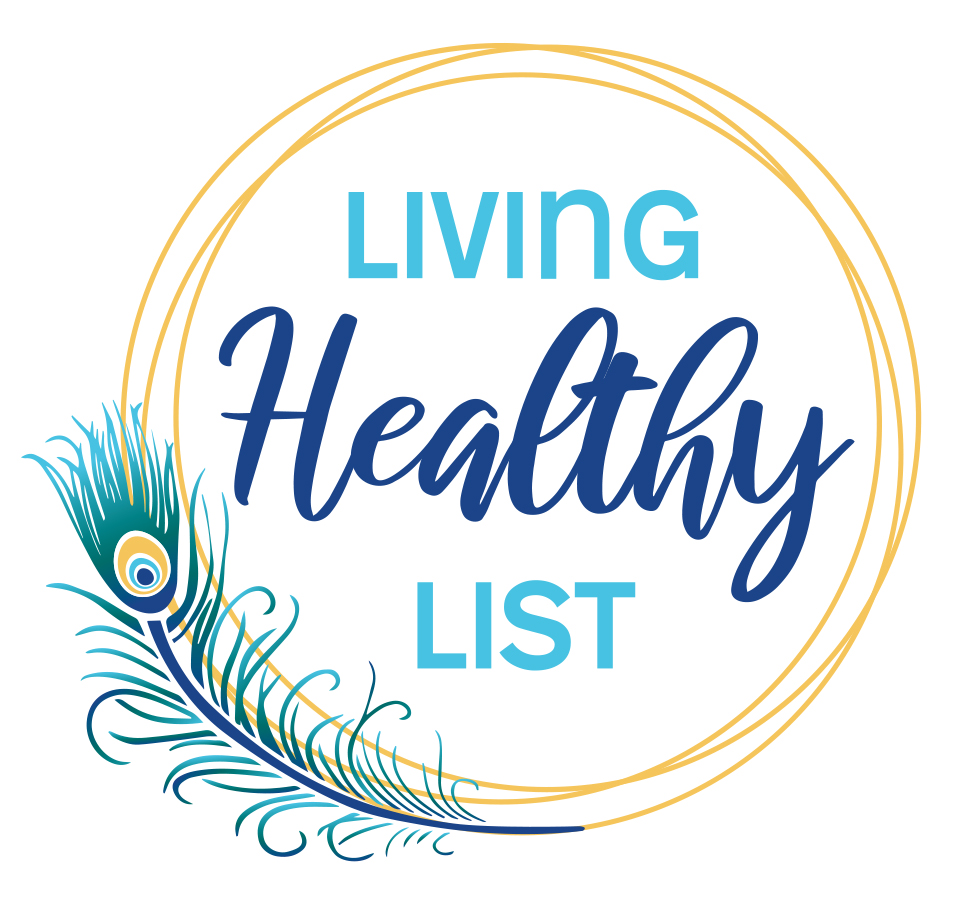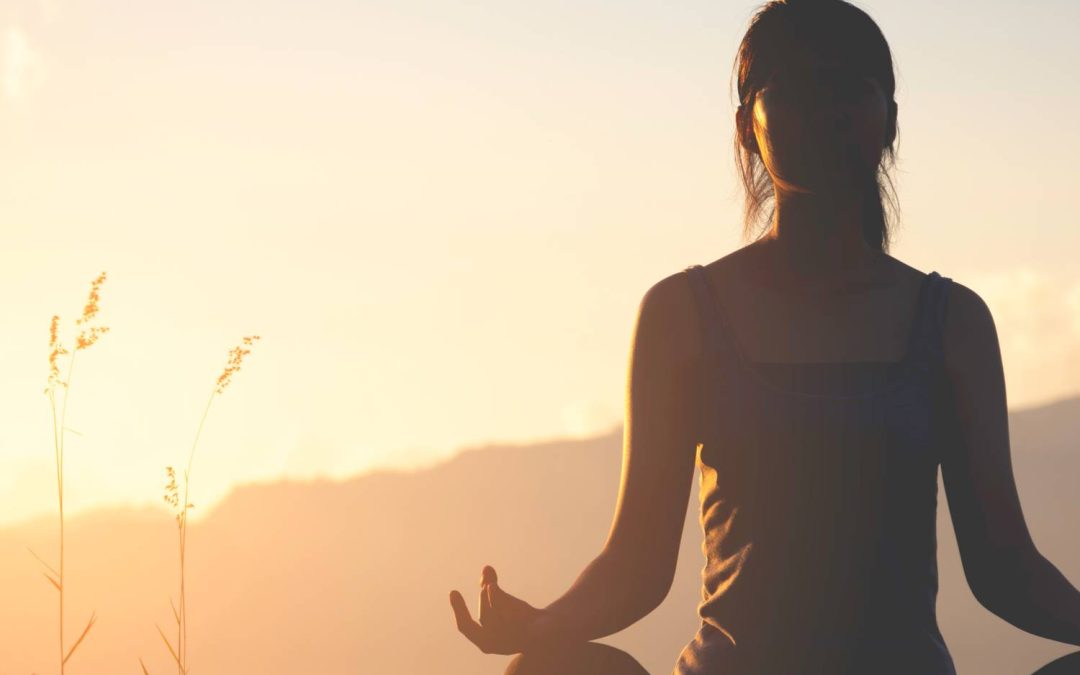Meditation is a practice that dates back thousands of years and has deep roots in the traditions of ancient cultures. Today, it has become an essential component of holistic wellness, embraced by millions around the globe.
Understanding its rich history helps us appreciate why meditation is such a powerful tool for achieving mental, emotional, and physical balance. We’re talking briefly about what you need to know about meditation and its benefits so that you can embark on this powerful journey in your wellness practices.
Why Meditation Matters for Overall Well-Being
In our fast-paced world, where stress and distractions are constant companions, meditation offers a sanctuary of peace and clarity. Meditation is essential for creating a holistic lifestyle and allows you to reconnect with your inner self and cultivate a sense of calm amidst the chaos. It’s not just a trend; it’s a vital practice for those seeking comprehensive mind-body wellness.
How Meditation Transforms the Brain and Body
The effects of meditation on the brain are profound and well-documented. Some studies show that regular meditation can lead to increased grey matter in areas associated with memory, learning, and emotional regulation. This means that meditation can enhance cognitive functions and emotional resilience—a powerful tool for personal growth.
Exploring Different Meditation Practices
Insight meditation, also known as Vipassana, focuses on developing a deep understanding of the connection between the mind and body. Mindfulness meditation emphasizes being present in the moment observing thoughts and feelings without judgment.
Loving-kindness meditation, or Metta, involves cultivating compassion and love towards oneself and others. Finding the right practice for you is crucial for maximizing the benefits of meditation in your daily life.
Meditation Techniques for Beginners
Starting your meditation practice can be overwhelming, but it doesn’t have to be. Setting the scene is essential; find a quiet space, sit comfortably, and close your eyes.
Breathing techniques are fundamental; focus on your breath, inhaling and exhaling slowly. Guided meditations are particularly beneficial for beginners and provide instructions with a structured approach to help you ease into the practice.
Physical Health Benefits of Meditation
Meditation’s impact extends beyond the mind and offers numerous physical health benefits. It can lower blood pressure, reduce chronic pain, and improve cardiovascular health. Furthermore, meditation enhances the immune system and can make it easier for your body to fight off illnesses. Incorporating meditation into your daily routine can lead to a healthier and more balanced life.
The Benefits of Lotus Flower in Meditation Practices
The lotus flower holds profound symbolism in meditation, representing purity, transformation, and enlightenment. Just as the lotus blooms beautifully from muddy waters, meditation allows you to rise above life’s challenges and achieve inner peace. Many practitioners find incorporating lotus imagery into their meditation practice enhances their experience and deepens their connection to the practice.
Meditation is a powerful practice that offers countless benefits for holistic well-being. Whether you’re a beginner or an experienced practitioner, there’s always something new to learn and explore.
We encourage you to start or continue your meditation journey and experience its transformative effects firsthand. Now that you know about meditation and its benefits, it’s time to begin this transformative exploration of your mind and body.

